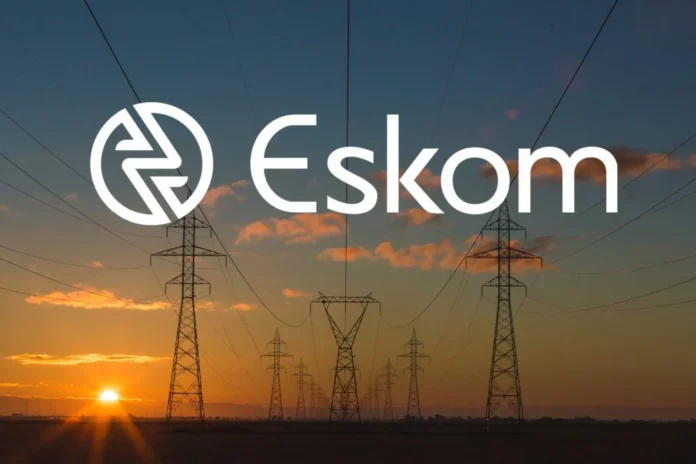The National Energy Regulator of South Africa (Nersa) has granted cash-strapped state-owned power utility Eskom an electricity tariff increase of 18.65% that will come into effect in April, as well as a further increase of 12.74% for 2024.
This means the total electricity price increases will be over 30% in the next two years.
Eskom had initially applied for a 32% increase for the 2023/2024 financial year and an additional 9% for 2024/2025 in an attempt to recover more than R300-billion that the power utility has lost over the years.
Previously, the regulator approved an increase of 9.6% despite Eskom asking for an over 20% increase. Loosely translated, this means consumers will now have to fork out more than double what they are already paying for their electricity bills.
During a media briefing on Thursday, Nersa said it was caught between a rock and a hard place in making the decision, especially considering dire economic challenges. However, it said it has tried to strike the balance between the interests of the economy and the consumers.
Reacting to the announcement, the DA said: “The decision by Nersa to increase electricity tariffs by 18.65%, despite consumers spending over 120 days in darkness in 2022, with indefinite stage-six loadshedding already in 2023, is official sanctioned daylight robbery against consumers.
“It is time for all South Africans to stand up and say it is enough!”
Earlier on Thursday, EFF spokesperson Sinawo Thambo said South Africans should not be blamed for the challenges that Eskom is battling with, noting that the ANC should take responsibility for failing in its obligations.
“We [therefore] call upon it [Nersa] to fulfill its obligatory duties and reject the 32% price hike request brought by Eskom,” Thambo said before Nersa’s announcement.
“The vast problems of Eskom as a power utility are not as a result of the majority of poor citizens of our country, but are consequences of the ANC, its maladministration and corruption which has been left unattended for decades.
“The corruption includes diesel and coal-theft syndicates, as well as dodgy dealings with corrupt and inadequate service providers. To punish poor people, ordinary citizens for this rampant corruption is unethical, immoral and unfair.”
Thambo further argued that the electricity tariffs have increased by more than 750% over the past 10 years, all this while loadshedding persists, meaning South Africans are paying for an unguaranteed service.
“Consumers are already paying high electricity prices, which raises eyebrows as to whether Nersa is indeed as independent as it claims to be.
“These electricity hikes happen amidst continuous rolling electricity blackouts, with many parts of South Africa not having electricity for a minimum of six hours a day, while conditions are worse for impoverished areas.
“Citizens are subjected to increasing crime levels due to blackouts, hospitals are struggling to keep people alive, while learners and students are forced to study using candles, amongst many inconveniences.”
Thambo added that the proposed price hike was a “deliberate act” of depriving South Africans of electricity, saying if granted it would be too expensive to afford.
“Instead, Eskom should be fixing the collapsing electricity grid system designed by apartheid to exclude black people. Eskom should be engaged with maintaining and expanding infrastructure to allow more access and for electricity to reach all corners of our country.
“Eskom must, in addition to other interventions, establish a state green energy industry to supplement energy generation. The entity should desist from giving energy responsibilities to the private sector through independent power producers who have taken steps to leave the majority of our people in perpetual darkness by making electricity inaccessible.”
Also read: Reject 32% electricity tariff hike application, says EFF to Nersa
Follow @SundayWorldZA on Twitter and @sundayworldza on Instagram, or like our Facebook Page, Sunday World, by clicking here for the latest breaking news in South Africa. To Subscribe to Sunday World, click here.




